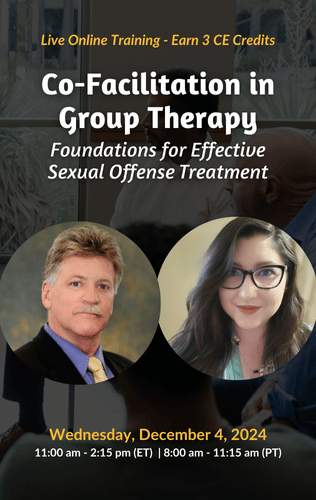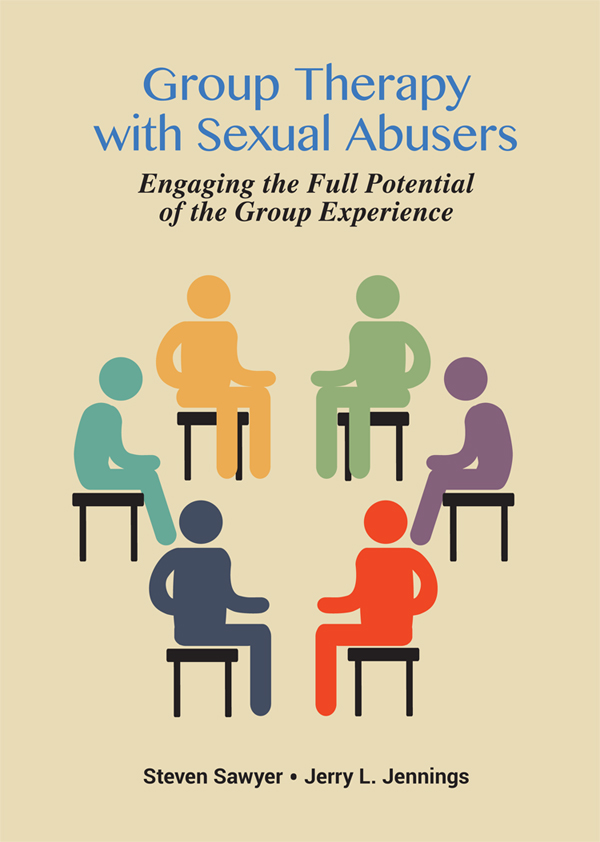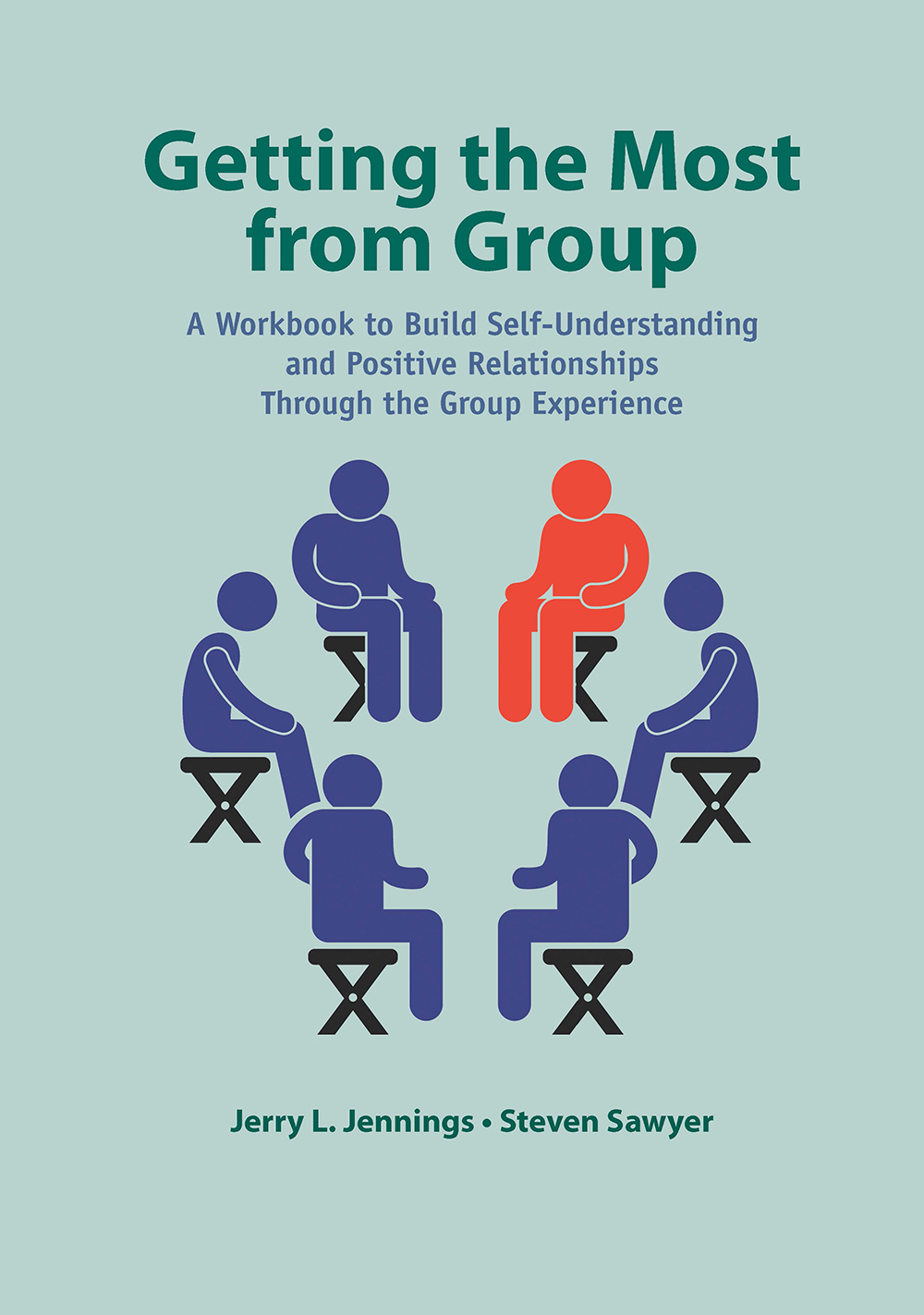Home / Shop / Online Trainings
Live Online Training - Co-Facilitation in Group Therapy: Foundations for Effective Sexual Offense Treatment

- Description
Date: Wednesday, December 4, 2024
Time: 11:00 am – 2:15 pm (ET) /
8:00 am – 11:15 am (PT)
Format: Live interactive training offered via Zoom
Presented by: Brenda Blanchard Crowder, LPC, CSOTP (Bio Here) and Steven Sawyer, MSSW, LICSW, ATSA-F (Bio Here)
CE Eligibility: Psychology
You must attend the entire live training to be eligible for CE credits. The evaluation is optional, and you can remain anonymous.
Online Training Description:
Group therapy is the primary modality used in treatment programs in North America for those who have committed a sexual offense. Although not always possible within the constraints of programs, the preferred method of delivering group therapy is with two mental health professionals through co-facilitation. Co-facilitation can improve group therapy—and therefore help to prevent further harm—in a number of ways:
- Diverse perspectives: Two facilitators can offer different viewpoints and approaches to treatment, enriching the group experience.
- Improved management: Co-facilitators can better handle challenging situations and group dynamics, ensuring smoother sessions.
- Modeling healthy relationships: The interaction between co-facilitators can demonstrate positive communication and problem-solving skills to group members.
- Enhanced group cohesion: The collaborative relationship between co-facilitators can foster a sense of teamwork within the group.
Research and practical experience have found that the use of co-facilitation is highly beneficial for both the facilitators and the group members. However, there are consequences when the co-facilitator relationship is not well developed in and outside of the group setting.
This training summarizes the origins of co-facilitation, its benefits, and the issues and opportunities of it with those who have sexually abused. Ms. Crowder and Mr. Sawyer, two established experts in group therapy, highlight common mistakes among co-facilitators and considerations for developing the most effective relationships. They also discuss the research behind its effectiveness and ways in which this relationship can be improved to further expand the growth and progress of the group members.
As a result of participating in this training, attendees will be better able to:
1) Examine the rationale for culturally specific assessment tools in forensic settings.
2) Recognize IRCAs as structured professional judgment assessments that focus on client experience of racism and racial trauma.
3) Identify the difference between the DSM’s Cultural Formulation Interview and IRCAs.
4) Explain how race is a substantive factor in their assessment and treatment planning for clients in their work with individuals convicted of crimes.
Interactive Follow-Up Meeting
Attendees are invited to join a 30-minute open discussion led by the presenter, which begins 15 minutes following the end of the training. This is an opportunity for attendees to turn on their camera and microphone and further engage with the presenter. Your experiences will undoubtedly contribute to a meaningful exchange of ideas and information. The presenter also allocates time to address questions or insights that arise from the live training. This meeting is not eligible for CE credits and does not affect your CE eligibility for the scheduled training.
Continuing Education Credit Hours
Safer Society Foundation, Inc. is approved by the American Psychological Association (APA) to sponsor continuing education for psychologists. Safer Society Foundation, Inc. maintains responsibility for this program and its content.
To view all training information and view the list of frequently asked questions, please click here.





